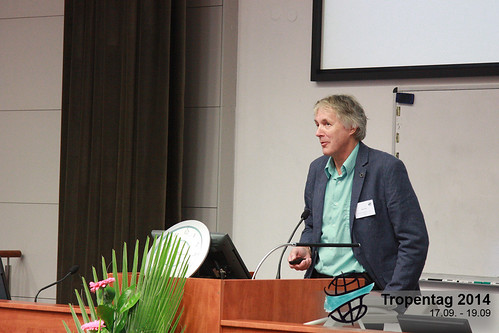Reply to comment
Beyond the Conference: Research for Real Impact
Thu, 09/25/2014 - 08:27 — Pin Pravalprukskul
Participants of Tropentag 2014, I hope you feel accomplished. With the wealth of excellent and groundbreaking work presented this year, it looks like we’re indeed one step forward in “bridging the gap between increasing knowledge and decreasing resources”. As we settle back in our home universities and institutes to catch up on work and resume our routines, it’s also perhaps a good time to reflect on what happens next. Conferences are great, but why end at the conference?






